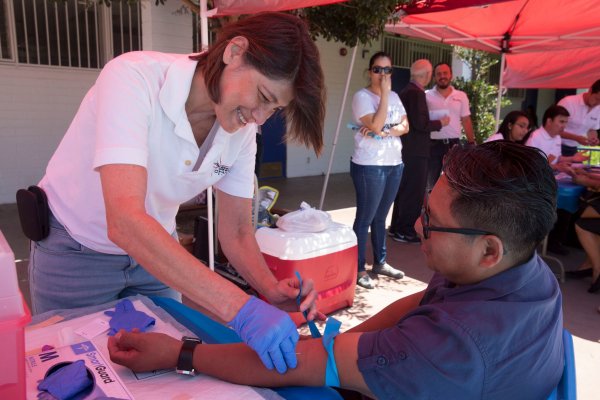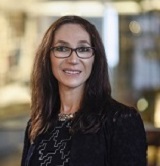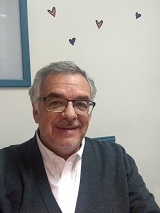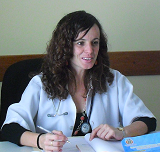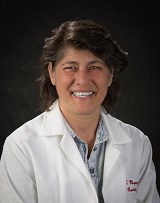The SAC includes members from across the Chagas research and clinical community with expertise in clinical practice, drug and vaccine development, policy and global health advocacy. Countries represented on the committee include Argentina, Brazil, Colombia, North America and Spain – encompassing endemic regions and areas such as North America where cases of the disease are increasing.
The committee will meet regularly to guide development of the platform, to define and prioritise key research questions that could be addressed using existing clinical data, and to inform the future scientific output of the platform. The experience and knowledge that members bring to the platform will be of significant value to drive and shape its progress. Their role will be crucial in ensuring that the platform’s design and outputs are of long-lasting value – meeting the needs of the wider Chagas research community, researchers and policy-makers.
Included in the 10 members is representation from many of the organisations that signed the Santa Cruz letter late last year calling for an intensification of efforts to control and eliminate Chagas disease.
IDDO in collaboration with DNDi is pleased to announce the launch of the platform and its progress thus far at a critical time when awareness of the disease is gaining momentum and leading to positive action such as the WHO officially declaring 11 April World Chagas Day
Meet some of our new members

